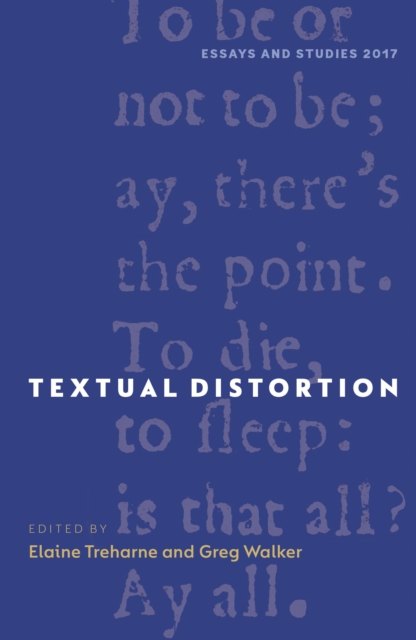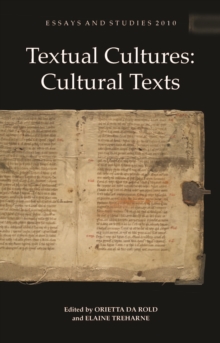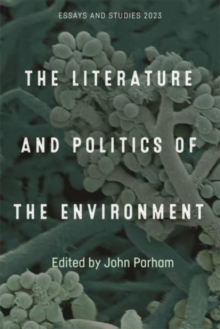
Description
The notion of what it means to "distort" a text is here explored through a rich variety of individual case studies.
Distortion is nearly always understood as negative. It can be defined as perversion, impairment, caricature, corruption, misrepresentation, or deviation. Unlike its close neighbour, "disruption", it remains resolutely associatedwith the undesirable, the lost, or the deceptive. Yet it is also part of a larger knowledge system, filling the gap between the authentic event and its experience; it has its own ethics and practice, and it is necessarily incorporated in all meaningful communication. Need it always be a negative phenomenon? How does distortion affect producers, transmitters and receivers of texts? Are we always obliged to acknowledge distortion? What effect does a distortive process have on the intentionality, materiality and functionality, not to say the cultural, intellectual and market value, of all textual objects?
The essays in this volume seek to address these questions,They range fromthe medieval through the early modern to contemporary periods and, throughout, deliberately challenge periodisation and the canonical. Topics treated include Anglo-Saxon manuscripts, Reformation documents and poems, Global Shakespeare, the Oxford English Dictionary, Native American spiritual objects, and digital tools for re-envisioning textual relationships. From the written to the spoken, the inhabited object to the remediated, distortion is demonstrated to demand a rich and provocative mode of analysis.
Elaine Treharne is Roberta Bowman Denning Professor of Humanities, Professor of English, Director of the Centre for Spatial and Textual Analysis, and Director of Stanford Technologies at Stanford University; Greg Walker is Regius Professor of Rhetoric and English Literature at the University of Edinburgh.
Contributors: Matthew Aiello, Emma Cayley, Aaron Kelly, Daeyeong (Dan) Kim, Sarah Ogilvie, Timothy Powell, Giovanni Scorcioni, Greg Walker, Claude Willan.
Information
-
Download - Immediately Available
- Format:PDF
- Pages:188 pages
- Publisher:Boydell & Brewer Ltd
- Publication Date:17/11/2017
- Category:
- ISBN:9781787441538
Information
-
Download - Immediately Available
- Format:PDF
- Pages:188 pages
- Publisher:Boydell & Brewer Ltd
- Publication Date:17/11/2017
- Category:
- ISBN:9781787441538










